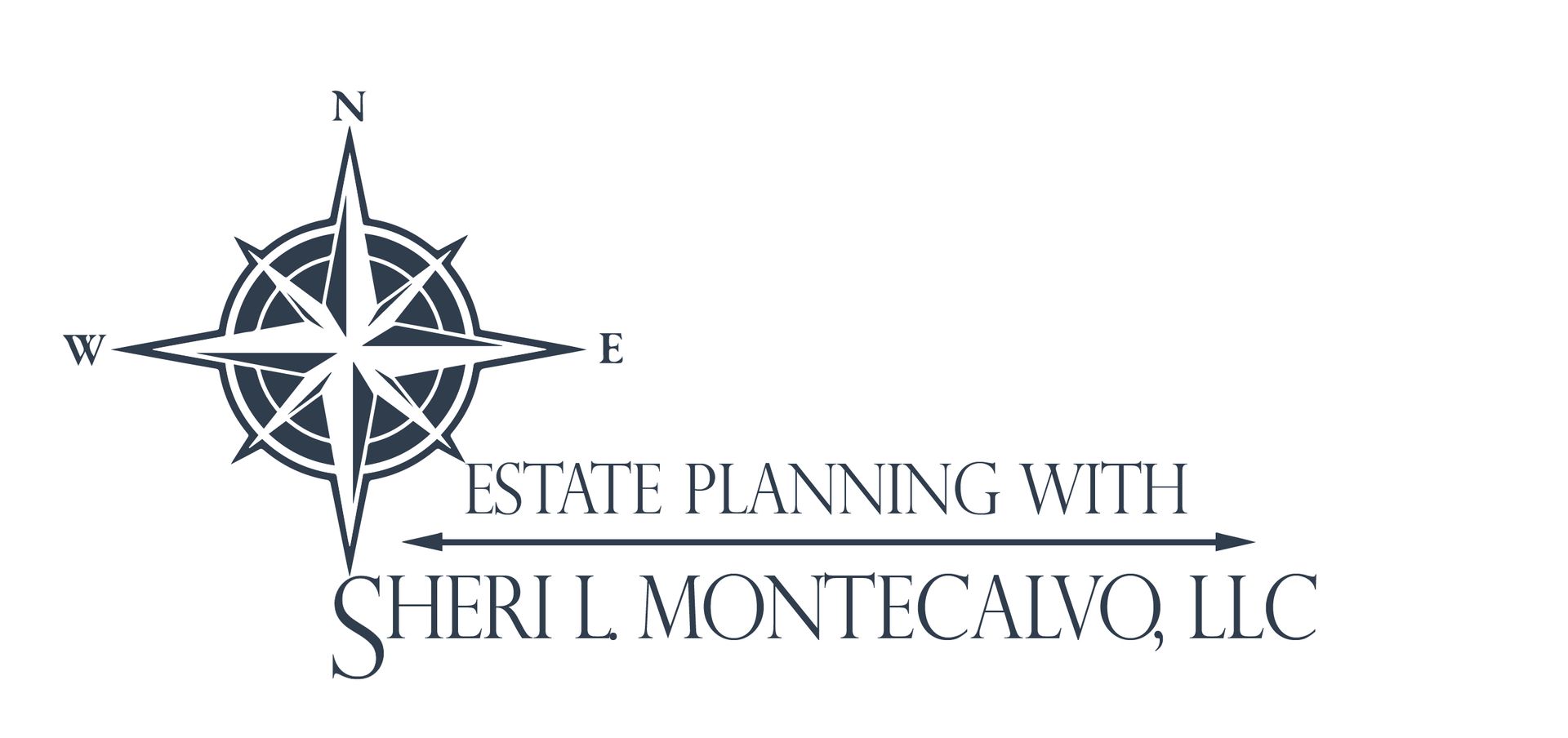Elder Law and Medicaid Planning
Elder Law &Medicaid Planning
Some individuals and their families don't use a lawyer to plan for long-term care or Medicaid, often because they're afraid of the cost. However an attorney can help you save money in the long run as well as make sure you are getting the best care for your loved one.
Elder Law & Medicaid Planning
With careful Medicaid planning, you may be able to preserve some of your estate for your children or other heirs while meeting the Medicaid asset limit (For RI, an individual nursing home resident covered by Medicaid may have no more than $4,000 in "countable assets”).
The problem with transferring assets is that you have given them away (for lesthan fair market value). You no longer control them, and even a trusted child or other relative may lose them. A safer approach is to put them in an irrevocable trust. A trust is a legal entity under which one person – the “trustee" – holds legal title to property for the benefit of others – the “beneficiaries" The trustee must follow the rules provided in the trust instrument. Whether trust assets are counted against Medicaid's resource limits depends on the terms of the trust and who created it.
A "revocable” trust is one that may be changed or rescinded by the person who created it Medicaid considers the principal of such trusts (that is, the funds that make up the trust) to be assets that are countable in determining Medicaid eligibility.) Thus, revocable trusts are of no use in Medicaid planning.
- Medicaid Engagement -Some individuals and their families don't use a lawyer to plan for long-term care or Medicaid, often because they're afraid of the cost; however, an attorney can help you save money in the long run as well as make sure you are getting the best care for your loved one.
Instead of taking steps based on what you've heard from others, doing nothing, or enlisting a non- lawyer referred by a nursing home, you can hire an elder law attorney. Here are a few reasons why you should at least consider this option:
- No conflict of interest - When nursing homes refer the families of residents to non-lawyers to assist in preparing the Medicaid application, the preparer has dual loyalties, both to the facility that provides the referrals and to the client applying for benefits. To the extent everyone wants the Medicaid application to be successful, there's no conflict of interest. But it's in the nursing home's interest that the resident pay privately for as long as possible before going on Medicaid, while it's in the nursing home resident's interest to protect assets for the resident's care or for the resident's spouse or family. An attorney hired to assist with Medicaid planning and the application has a duty of loyalty only to the client and will do his or her best to achieve the client's goals.
- Saving money - Nursing homes can cost as much as $15,000 a month in some areas, so it is unusual for legal fees to equal the cost of even one month in the facility. It is not difficult to save this much in long-term care and probate costs.
- Deep knowledge and experience - Professionals who work in any field on a daily basis over many years develop both the depth and breadth of experience and expertise to advise clients on how they might achieve their goals, whether those are maintaining independence and dignity, preserving funds for children and grandchildren, or staying home rather than moving to assisted living or a nursing home.
- Peace of mind - When you consult with an elder law attorney, the consultation will provide peace of mind that you have not missed an important opportunity. In addition, if obstacles arise during the process, the attorney will be there to work with you to find the optimal solution.
- Medicaid rules - provide multiple opportunities for nursing home residents to preserve assets for themselves, their spouses, children and grandchildren, especially those with special needs. There are more opportunities for those who plan ahead, but even at the last minute there are almost always steps still available to preserve some assets. Set up a meeting today with Attorney Sheri L. Montecalvo, to ensure that all of your assets are protected with a proper Medicaid plan.
- Income-only trusts -An "irrevocable" trust is one that cannot be changed after it has been created. In most cases, this type of trust is drafted so that the income is payable to you (the person establishing the trust, called the "grantor”) for life, and the principal cannot be directly applied to benefit you or your spouse. At your death the principal is paid to your beneficiaries. This way, the funds in the trust are protected and you can use the income for your living expenses.
- For Medicaid purposes - the principal, in such trusts is not counted as a resource, provided the trustee cannot pay it to you or your spouse for either of your benefits. However, if you do move to a nursing home, the trust income will be assigned to the nursing home. You may also choose to place property in a trust from which even payments of income to you or your spouse cannot be made. Instead, the trust may be set up for the benefit of your children, or others. These beneficiaries may, at their discretion, return the favor by using the property for your benefit if necessary. However, there is no legal requirement that they do so. Another advantage of these trusts is that if they contain property that has increased in value, such as real estate or stock, the trust can be structured so that the beneficiaries receive the property with a step-up in basis at your death. Remember, funding an irrevocable trust within the five years prior to applying for Medicaid (the "look-back period") may result in a period of ineligibility. The actual period of ineligibility depends on the amount transferred to the trust.
Estate Planning With Attorney Sheri Montecalvo
We have been providing expert legal advice for more than 18 years. We are licensed in RI, MA and CT. Schedule a complimentary consultation today for all of your estate planning needs!
Get In Touch
sheri.montecalvo@epwithsheri.com
272 W. Exchange St. Suite 001
Providence, RI 02903
200 Midway Road, Suite 169,
Cranston, RI 02920
Menu
Practice Areas
Copyright © 2024 Estate Planning with Sheri L. Montecalvo, LLC. All rights reserved | DISCLAIMER


